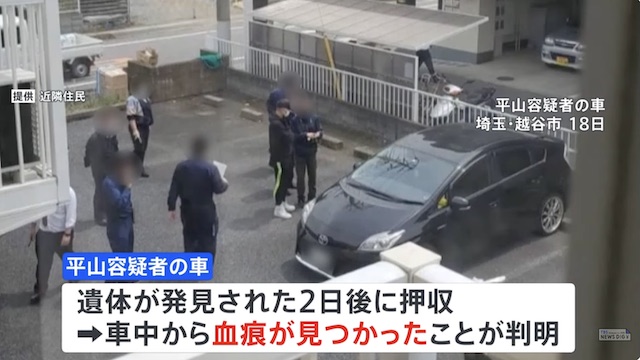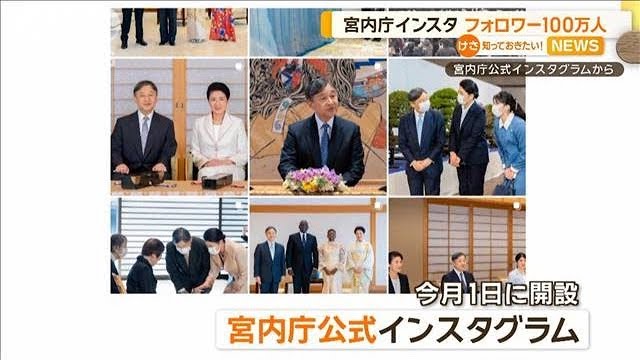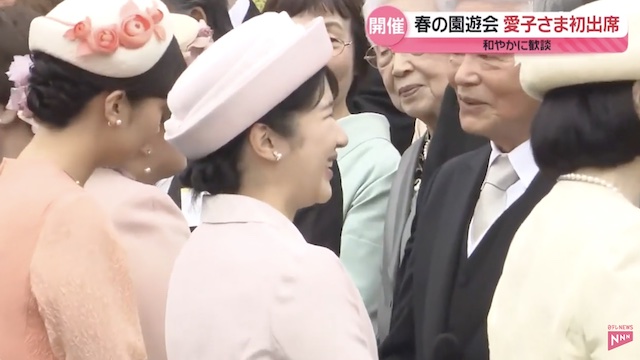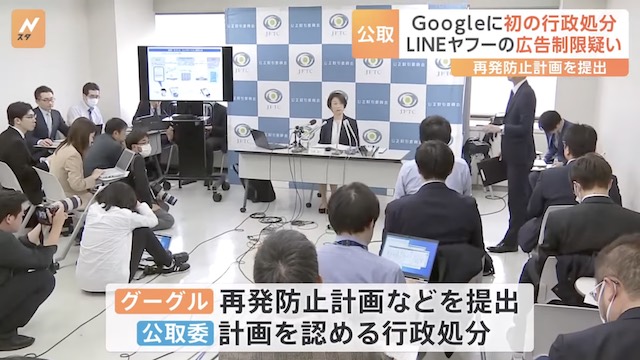Jun 28 (Japan Times) - Universities conducting classes in English, intellectual debates between foreign and Japanese students where new ideas are created — these are just some of the things the central government envisions for the nation’s higher education in order to become a magnet for talented researchers and students alike.
It also makes sense from a business standpoint and would help universities, which are suffering from a decline in their student bodies due to depopulation.
The education ministry has conducted various policy attempts to find such a solution, including increasing the number of classes taught in English and helping graduates secure jobs, but Japan has yet to come up with a game-changer to attract more foreign students.
In fiscal 2018, 298,980 foreign students came to Japan to study, up 77.8 percent from fiscal 2013, according to a survey conducted by quasi-governmental Japan Student Services Organization (JASSO).
At first glance, Japan is on course to achieve its goal of attracting 300,000 foreign students by 2020. But a closer look shows the actual increase is the result of the rising number of foreign students at Japanese language schools.
The number of foreign students studying at Japanese language schools was 90,079 in fiscal 2018, nearly triple the figure of 32,626 in fiscal 2013, according to the survey. The number of foreign students enrolled in universities, junior colleges or technical colleges was 87,806 in fiscal 2018, edging up from 69,339 in fiscal 2013.
“The increase of foreign students (in universities and colleges) is moderate compared with that of foreign students in language schools,†said Mitsuru Maruoka, a deputy director for student exchange at the education ministry. “We still have to work on increasing the ratio of foreign students enrolled in universities.â€
According to data published by the Organisation for Economic Co-operation and Development (OECD), international undergraduate students accounted for an average 2.5 percent of student populations at Japanese universities in 2016, well below the OECD average of 4.9 percent.
The ratio of foreign students is also a key factor in global university rankings compiled by Times Higher Education (THE), as well as Quacquarelli Symonds (QS). Japan is aiming to get 10 universities ranked in the top 100 by 2023. But in 2019, only two universities — the University of Tokyo and Kyoto University — made it into the THE ranking, while five made the cut for the QS ranking.
One of the lesser known projects funded by the ministry to attract elite foreign students includes the Study in Japan Global Network Project, a global recruiting project in which the ministry uses Japanese universities’ overseas offices as information centers in the key regions of Russia, the Middle East, Southeast Asia, Southwest Asia, Africa and South America.
The project’s staff members visit local high schools to recruit students and follow up on those who have returned from studying in Japan in an effort to build a network of Japan-educated alumni.
To ensure foreign students have a comfortable living environment in Japan, the ministry also offers scholarships, around 11,000 of which will be awarded in fiscal 2019 — ¥117,000 a month for undergraduates and ¥144,000 for graduate students.
But the biggest obstacle preventing Japanese universities from realizing their global ambitions is the language barrier. The ministry aims to introduce more classes taught solely in English as well as the number of professors who can give lectures in English.









